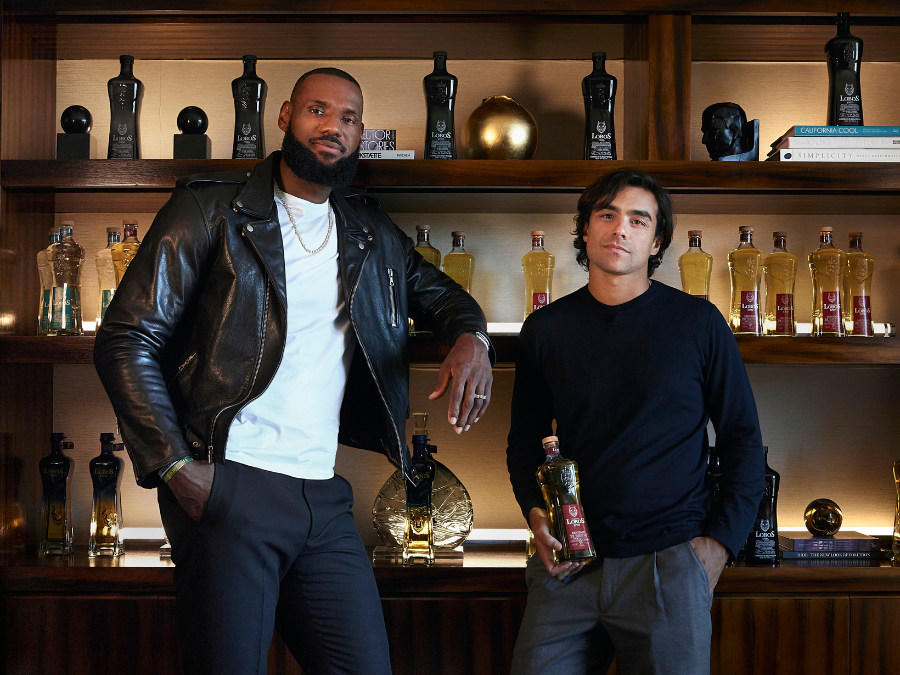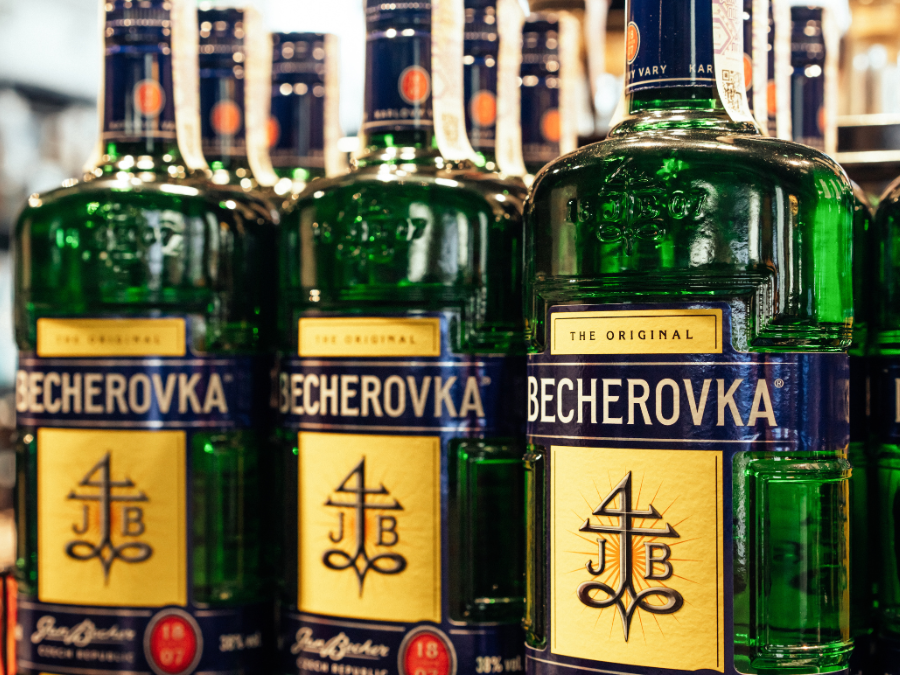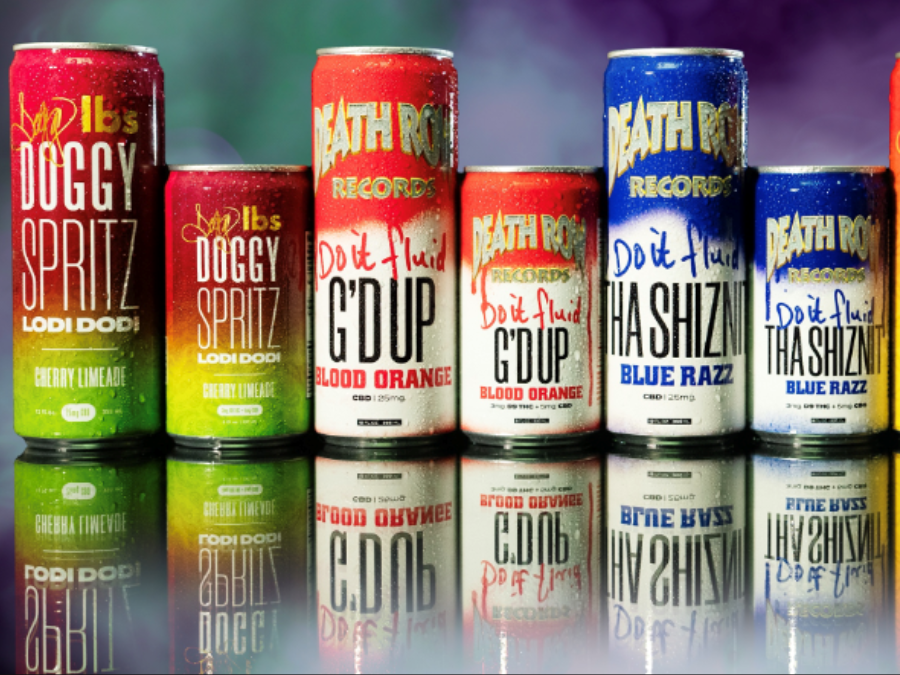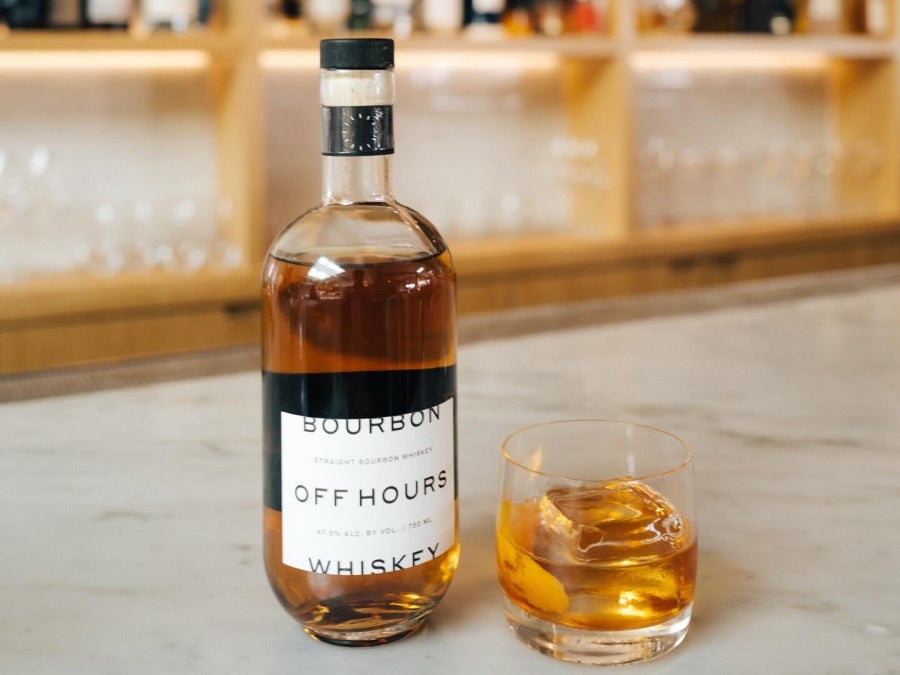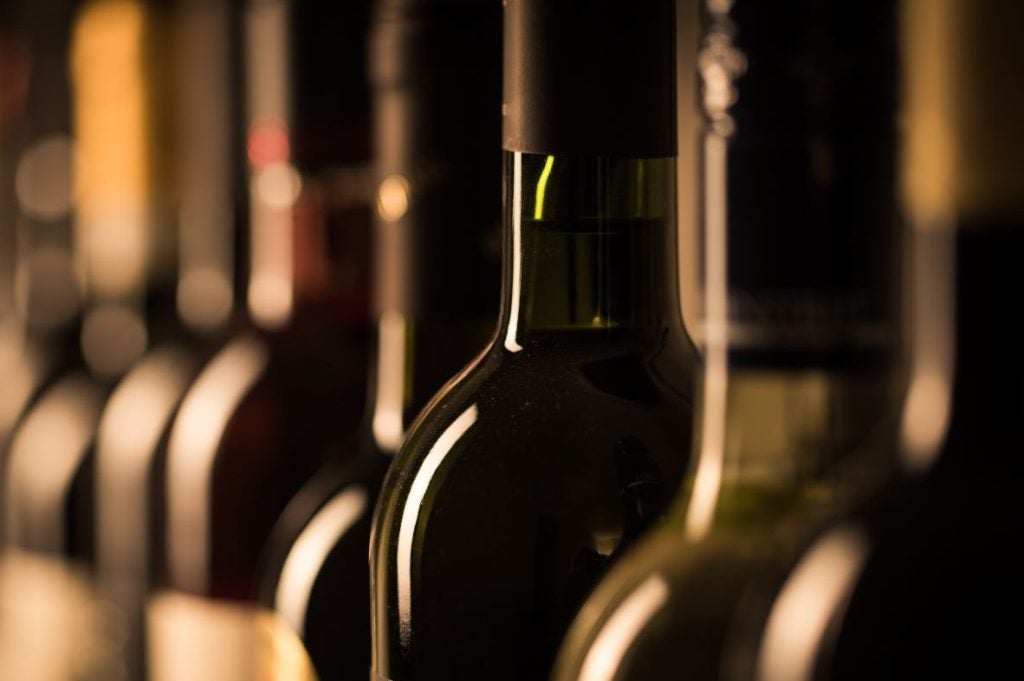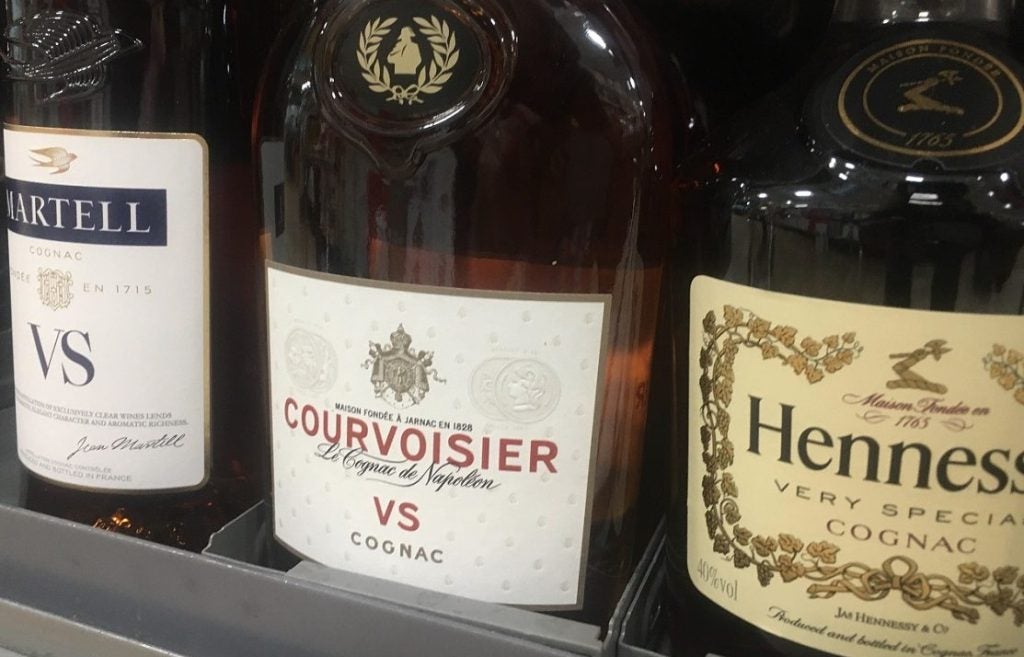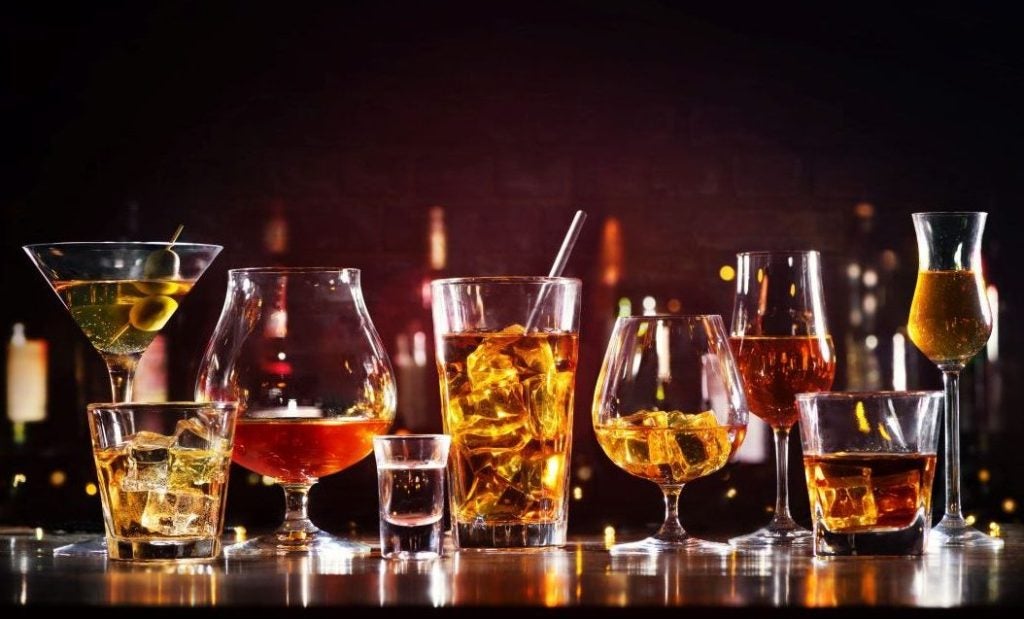The founder of Tequila and mezcal brand Lobos 1707 has said he does not see demand for Tequila waning in the US and is looking to increase production in 2024.
Founded in 2020 by Diego Osorio, the Tequila brand recently crossed the one million bottle production mark and is targeting 150,000 nine-litre cases in the coming year.
“If I hit 150,000 maybe I can sleep a little,” Lobos 1707 founder and chief creative officer Osorio told Just Drinks.
Speaking on Tequila's potential for growth, Osorio said: “I think there's going to be a wane in brands, more than the demand in the market. A lot of those brands that were positioning themselves in the $150 mark and that kind of thing. Those are going to struggle a little bit to meet the kind of growth and volume that they were expecting.”
He added: “The demand of the actual Tequila market, I think that is still unstoppable. I think it's similar to the wave we saw in vodka in early 2000s.
“And then, you know, people in mid-2008, 2010, were saying this has to be the peak and then brands like Ciroc that launched in 2008 still were selling three million cases a couple of years ago.”
The company's distillery in Mexico has an annual capacity of 250,000 nine-litre cases. Its products include Lobos 1707 Reposado Tequila and Lobos 1707 Extra Añejo, with prices ranging from $45 to $150.
Available in the US, Lobos 1707 launched in the UK this month with a listing in retailer Selfridges.
On UK export strategy, Osorio said: “I don't see us trying to get to England and conquer the Tequila market in England. It's trying to find the clients that align with our way of thinking and our way of values because it's very important for the brand.”
Looking forward into 2024, Osorio wants to see it become available in other European capitals, particularly in Spain where he has a family connection.
The company has not done any public funding rounds but instead relied on family investment and the backing of US athlete LeBron James, who was an early investor in the Tequila brand in 2020.
“There's no, you know, no institutional money or anything. It's just a bunch of friends and family and doing it, just some of those friends and family have a lot of money,” Osorio said.
However, the company has not ruled out undertaking a funding round in the coming year and Osorio said: “It's a very cash-intensive business; the more you sell, the more you need, which is contrary to most people's belief.”
Osario said logistics remained a key concern for the company in the coming year, despite reports supply-chain woes are beginning to ease.
“Freight is probably the hardest thing for us right now,” Osorio said. “It’s become a little better in the sense that we used to have to send empty trucks to Mexico and pay for both legs. You would purchase a truck in the US, send it to Mexico on an empty leg, pick up and then come back. So, you had to pay for both legs, it was double the price.”
Earlier this month, Just Drinks columnist Richard Woodward wrote he felt the Tequila boom was due to cool in the US.
He said: “There are clear signs from the US that the luxury agave boom – well, let’s be honest, despite the growth of mezcal, it’s a luxury Tequila boom – is cooling significantly. That’s probably not all that surprising, given the remarkable trajectory of the past decade; it’s what happens next that intrigues.”
However, he also noted the time was ripe for brands to take advantage of export opportunities. “Might this finally be the time when people really – and I mean really – take seriously the prospect of globalising Tequila’s appeal? Consumers in a number of markets are – at last – beginning to get past the historic shot/slammer/hangover cliché, so it feels as if the stars are aligning,” he said.


